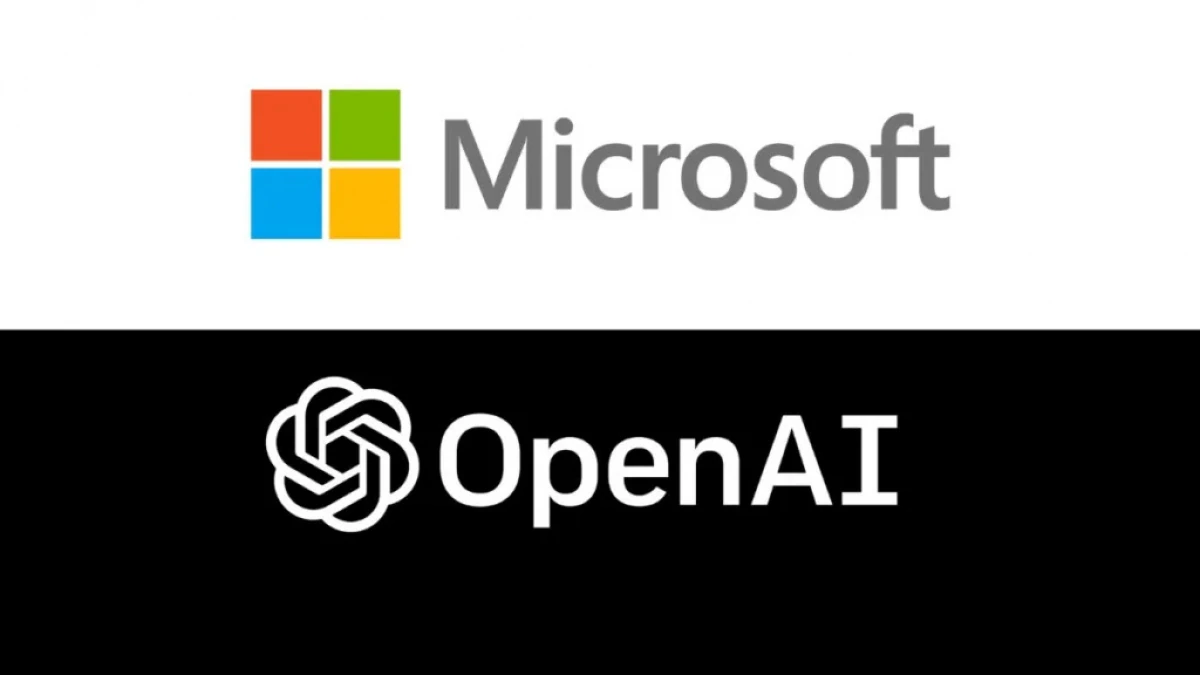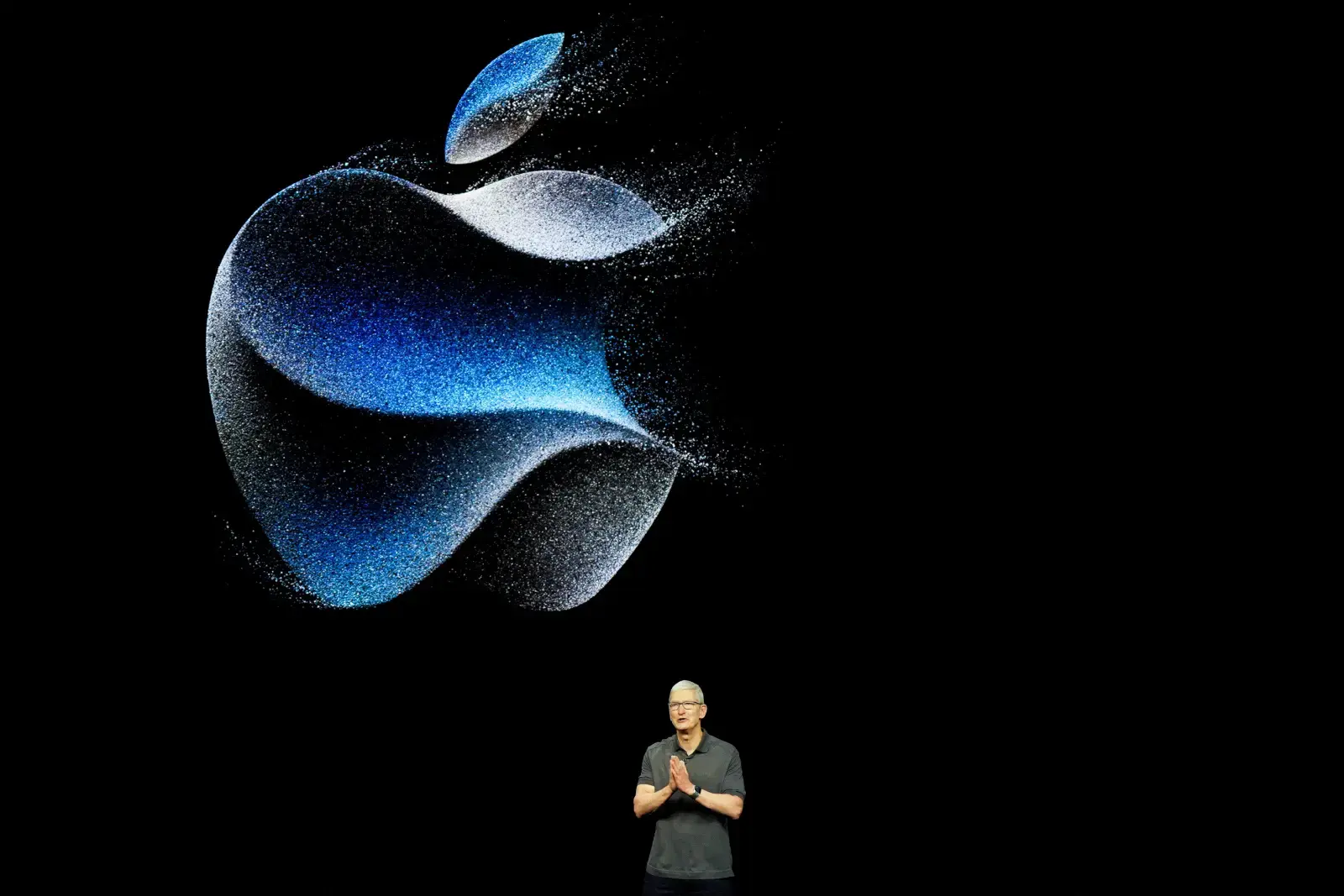In recent years, Microsoft and OpenAI have solidified their partnership, underscoring a shared vision to advance artificial intelligence (AI) technology. This collaboration has been pivotal, with Microsoft investing billions into OpenAI, thereby providing the necessary cloud infrastructure through Azure to support AI advancements.
Innovation and Integration
The partnership has enabled the integration of cutting-edge AI models like GPT-4 Turbo and DALL-E 3 into Microsoft’s Azure platform. These integrations aim to enhance AI accessibility and efficiency, benefiting developers and enterprises alike by offering state-of-the-art AI tools at competitive prices.
Regulatory Landscape
Despite the promising advancements, the Microsoft-OpenAI alliance has attracted significant regulatory attention globally. In Europe, the European Commission initially scrutinized the partnership to determine if it constituted a merger but ultimately decided against formal investigations . In the U.S., the relationship has seen similar scrutiny from the Federal Trade Commission (FTC) and the UK’s Competition and Markets Authority, reflecting concerns about potential monopolistic tendencies in the rapidly growing AI market.
Strategic Implications
Microsoft CEO Satya Nadella has emphasized the partnership’s role in fostering competition within the AI sector. By collaborating with OpenAI, Microsoft aims to democratize AI technology, making it more accessible and beneficial across various industries. However, this has not allayed regulatory fears that the close ties could stifle competition if not carefully managed.
Concerns from Across the Pond
The situation is similarly complex in the United States, where the Federal Trade Commission (FTC) has begun a preliminary investigation into the Microsoft-OpenAI relationship. This probe focuses on whether the collaborative efforts and financial entanglements between the two giants could tread into anti-competitive territory, potentially leading to a formal antitrust inquiry.
Implications for AI Development and Market Dynamics
The scrutiny surrounding Microsoft and OpenAI illuminates broader concerns about the rapid advancement and dominance of large corporations in the AI sector. The potential for monopolistic practices to emerge from such partnerships poses significant challenges for regulators aiming to maintain a balanced competitive environment while fostering innovation.
The ongoing regulatory examinations underscore a cautious approach to the growing influence of AI in global markets. As AI continues to evolve, both Microsoft and OpenAI are committed to navigating these challenges responsibly, aiming to lead in innovation while ensuring fair competition and broad dissemination of AI benefits .























